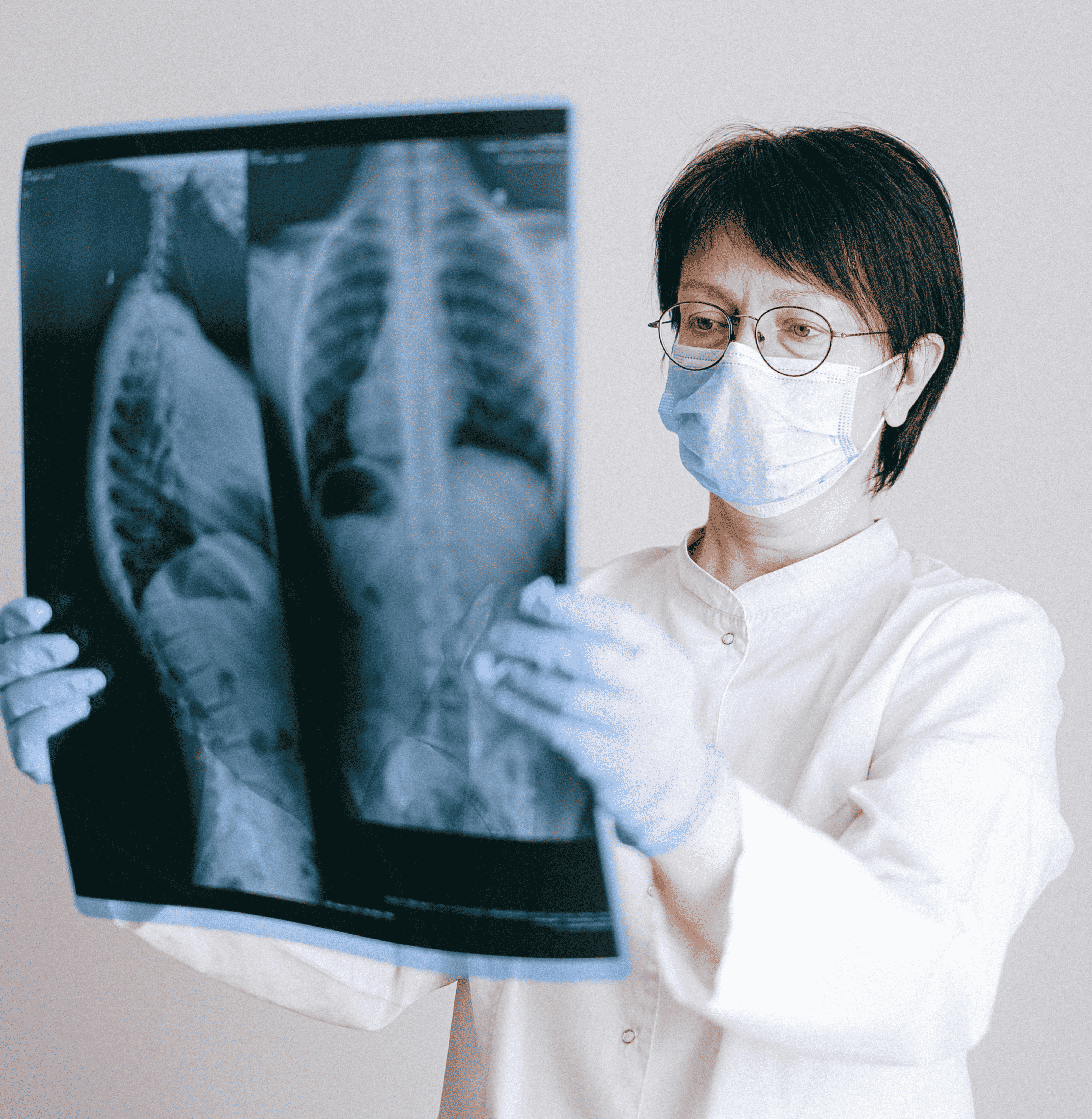
Selenium deficiency may play an important role as to how illness progresses following an infection with COVID-19. The mineral can be found in fish and eggs, among other foods. Researchers in Ghent are examining the extent to which selenium makes corona patients less sick.
With this aim in mind, researchers at Ghent University, University Hospital Ghent and Jan Palfijn General Hospital are measuring the selenium content in the blood of patients infected with coronavirus.
A lot of people have a selenium deficiency. For example, older people, overweight people and people with a weakened immune system. Previous studies have shown a link between selenium deficiency and inflammations caused by viral infections.
Extra selenium administered in Ebola and HIV cases
The mineral contains a range of enzymes that assist in the proper functioning of the immune system. These enzymes are also antioxidants. They capture chemicals that cause damage to tissues and genetic material such as those caused by viral infections.
In recent years, people infected with Ebola and HIV have been given extra selenium. Scientists therefore suspect that selenium can also be helpful in the fight against the coronavirus. A Chinese study has discovered a drug that contains selenium which seems to have a beneficial antiviral effect against COVID-19.
Selenium in meat via cattle feed
In Finland, selenium has been added to fertilizers since the 1980s in order to the increase selenium intake in the population via diet. Selenium is also found in e.g., cashew nuts and fish such as tuna, herring and mackerel. In addition, trace elements are found in meat, whole grain cereals, dairy products and eggs. In plant products, such as vegetables and grains, the amount depends on the selenium content in the soil where the crops have been grown. Western Europe does not have much selenium in its soil. Selenium traces are also in meat as it is added to animal feed.
Too much selenium is harmful
A section of the population does not absorb selenium well. This is particularly the case among the elderly, who are also the population group that suffers the most from COVID-19. The Ghent researchers warn against taking an excessive amount of selenium via dietary supplements. That can be harmful to your health. They state that selenium levels in the blood must first be known before taking a step like this.
The researchers hope to develop a simple blood test if selenium does turn out to be an important factor affecting the disease progression in corona infections.





